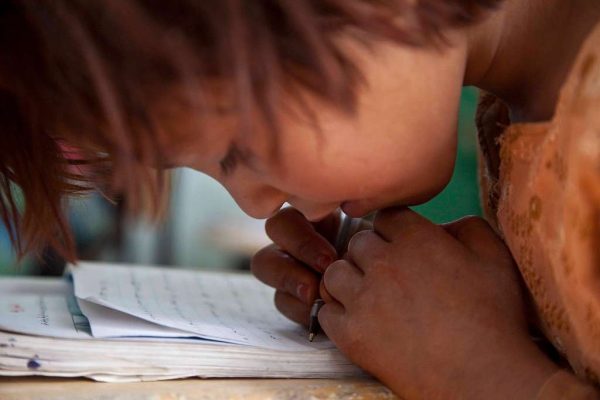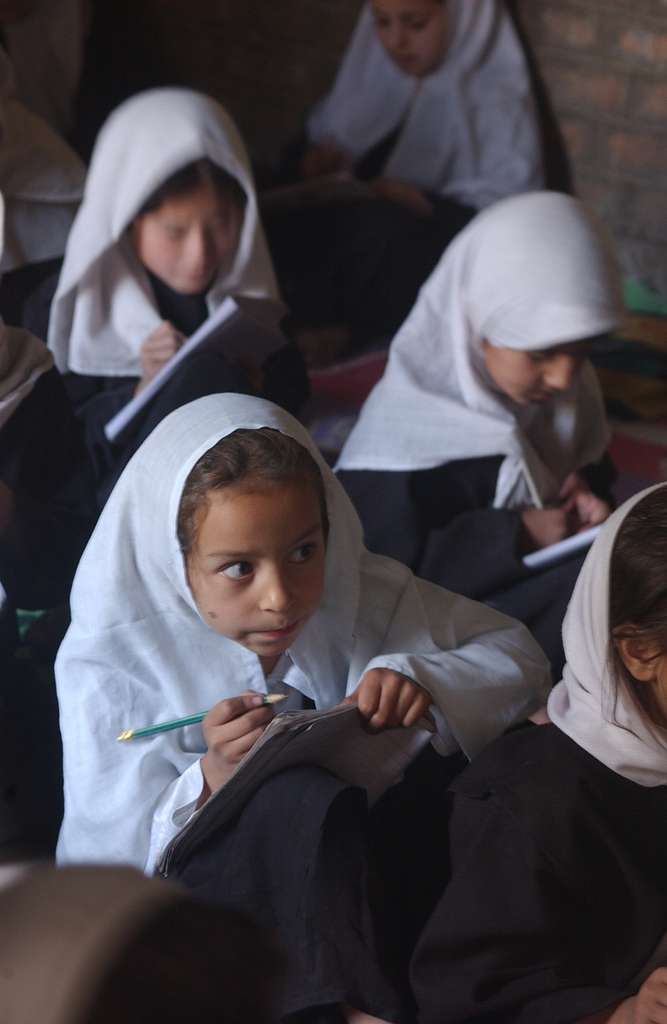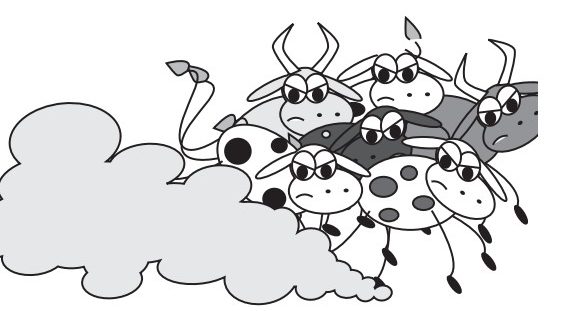On Aug. 30, 2021, the United States Armed Forces fully withdrew from Afghanistan–a 20-year war coming to an end.
The Afghan War was the longest in United States history, surpassing the Vietnam War by six months as the Taliban were found victorious. In the aftermath of a heavily controversial withdrawal effort came a series of brutal and suppressive laws on women.
The United Nations Educational, Scientific and Cultural Organization (UNESCO) talked about how “at least 1.4 million girls have been prohibited from accessing secondary education since the Taliban takeover in August 2021.”
More recently, in August, the Taliban created a new law restricting Afghan women from speaking in public, according to The Guardian.
Women’s education activist, author and filmmaker Malala Yousafzai, who in her youth clashed with Taliban terrorists in her homeland of Pakistan, has condemned the atrocities that have unfolded in Kabul and the rest of Afghanistan.
“The Taliban are denying women and girls their human rights. […] This should put us into action. That’s why I think it is so important for us to call it a systematic oppression imposed by the Taliban on the women of Afghanistan, which is limiting them from education, from learning, from work and from a public life,” Yousafzai emphasized in an interview with PBS this June, which marked 1000 days since the Taliban takeover. “And that is why Afghan women activists are calling it a gender apartheid, which means it is a systemic oppression by those who are in power. […] There is no place for Afghan women to go to. They have currently no future.”
After being shot in the head by the Taliban at only 15 for speaking out against the Taliban’s oppressive regime, Yousafzai has made it her mission to make sure every woman has the right to education. She has continuously worked with the United Nations (UN) in her efforts to expand the outreach of her Womanifesto.

Article 26 of the United Nations 1948 Universal Declaration of Human Rights declares education a human right.
“Afghanistan is the only country with restrictions on female education,” explained the Associated Press (AP).
This is just the beginning of the Taliban’s ultimate goal to restore a full-on patriarchy, and the worst is yet to come. Patriarchy is terrible for advancing as a society because when you shun half of the world, you lose fifty percent of human potential.
Afghan women live in a dystopian world that can easily be compared to author Margaret Atwood’s fictional world from the novel “The Handmaid’s Tale.” Atwood’s novel follows “a woman’s struggles in a totalitarian society where her identity, fertility and freedoms are suppressed. Through Offred’s [the protagonist] journey, the book highlights the dangers of extremist religious beliefs and the importance of individual resistance,” explains Blinkist.
We should all be deeply worried about what is happening to women in Afghanistan because, as Martin Luther King Jr. said, “Injustice anywhere is a threat to justice everywhere.”






